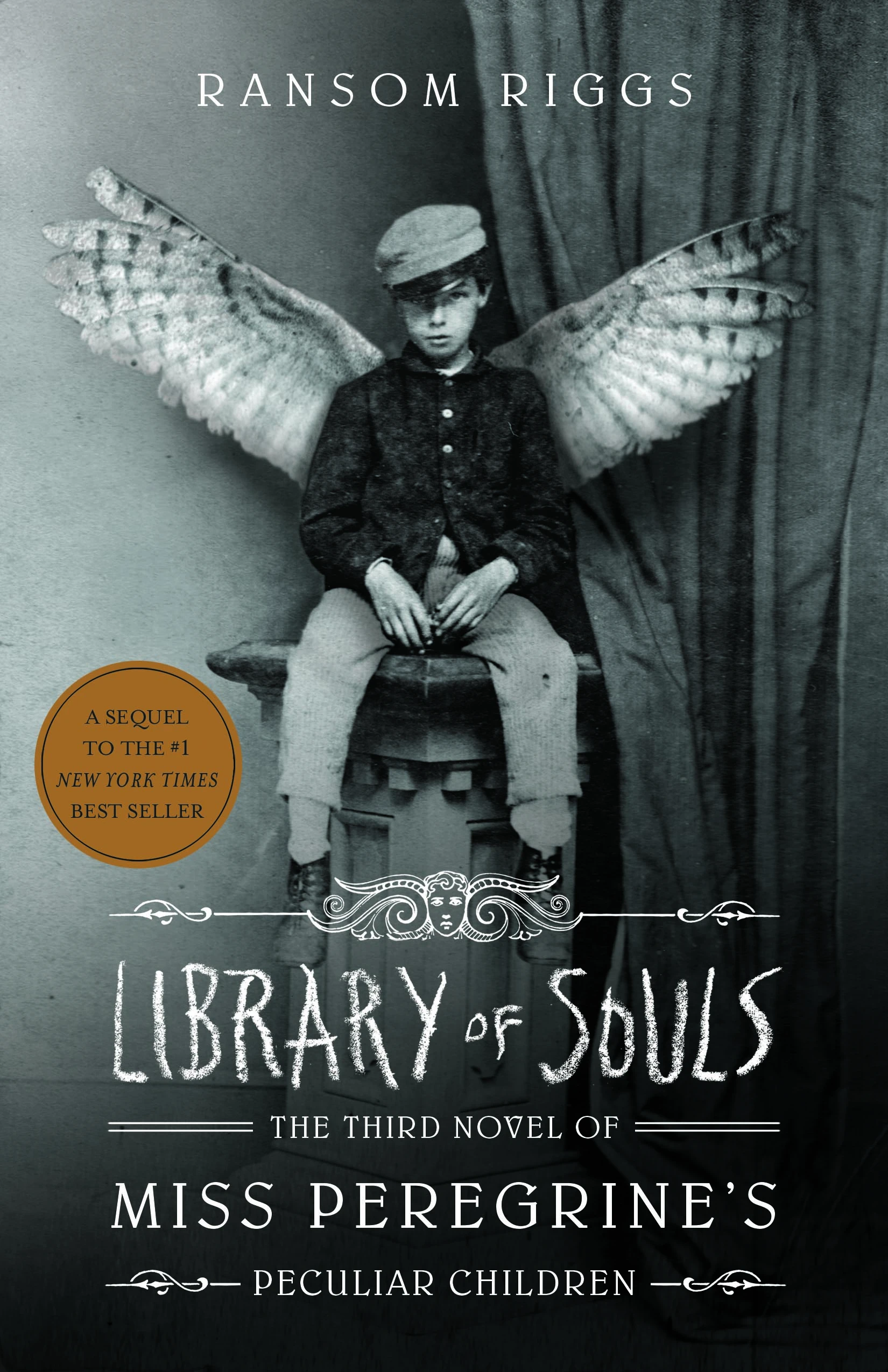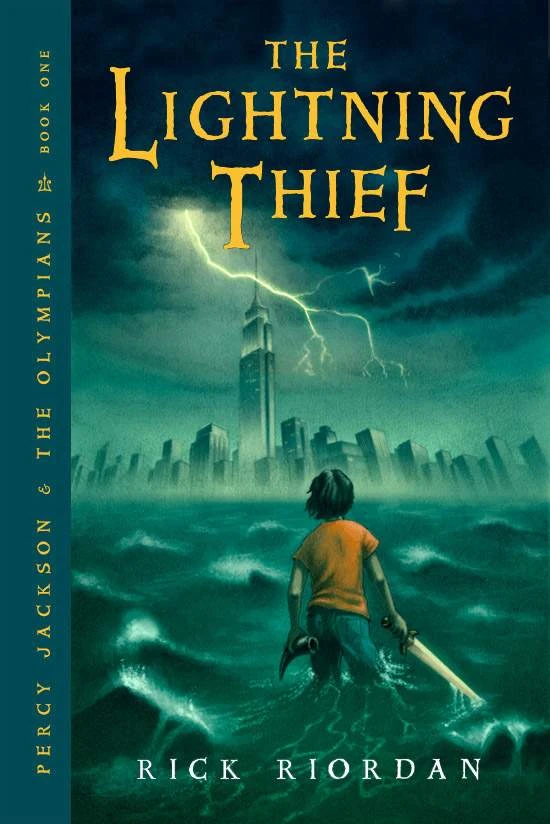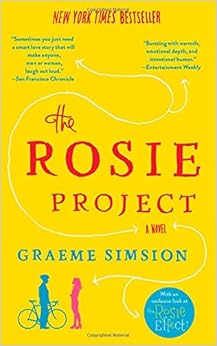Friends, I am struggling. It's NaNoWriMo (National Novel Writing Month) and I'm feeling a little more than the usual self-imposed pressure to write. It's my civic duty to write this month! Ok, I don't really care that much, but I would like to be cracking along a little faster on my new manuscript. I'm having philosophical issues with what I've learned recently about writing, both in large and small scale. I heard some great advice at a writing conference and some of it is inspiring, but some is weighing me down. I can take out most of the adverbs in my writing
easily and
gladly, but can I change something fundamental about what I want to say and how I want to say it? I'm not sure I want to, and thanks to these books, I'm not sure I need to.
The Ice Queen
Novel by Alice Hoffman
First of all, look at that cover image. Now look at the title again. Cover. Title. See what I'm seeing? While this novel has several different covers, this is the one that I read from (was given by a thoughtful friend, actually), and I like to include the image here that I saw when I picked up the book each time I read. Do you see it? The incongruity? There's a butterfly on the cover of a book about ice.
This unexpected juxtaposition is actually congruous with the book. This is a story that is brimming with images and motifs--the ice and the butterflies, and also lightning, fairy tales, oranges, and moles (yes, moles). It almost doesn't leave room for the story. Definitely, the plot is slower and more subtle because of it. It's mostly about a woman and her brother. Their mother dies young, they grow up and move apart, and then the suddenly the woman moves from New England to Florida to live near her brother again. There she is struck by lightning and then her life truly begins to change. It's all told in a dreamy, ethereal tone that contributes to the fairy tale motif, but leaves room for the science of weather and math of chaos theory (famously described by butterflies). What it doesn't leave room for is the fast pace and snappy dialogue expected by so many readers, and publishers, today.
It's true that the leisurely, dense story telling style was a little discomfiting to me at first. I didn't rush back to this book every spare minute I had. Eventually, however, I was engaged and entertained and also enriched by reading it. I was also given hope that my writing, described by an editor as "a quiet story" can be just what someone is looking for, even without a gasp of suspense per page.
The Truth According to Us
Novel by Annie Barrows
If the previous book gave me pause about grand writing ideals, this one made me laugh and forgive all the adverbs again.
Let me explain. Some quick and seemingly excellent advice I received was how to tighten up dialogue. Specifically, I learned to cut out adverbs, slashing juvenile words like "retort" and "snap," reduce "said" altogether, and NEVER EVER write "replied" or "asked." Basically, I should use fewer stupid words for talking and use more actions showing what the characters do as they talk. That seems reasonable and I'm enjoying putting it into practice.
This book, however, completely ignores that advice and still has some of the best dialogue I've read. It's all about the characters. They are witty, true, and they love each other, even though they also lie, kick each other out of the house, and sneak food out of the kitchen. I love them and I want to visit them in real life.
The Romeyns are a formerly grand family in a small, genteel but Depression-shabby town in West Virginia. They take in a boarder who was hired to write the town's history. Hilarious anecdotes pop up, along with all the family's secret yearnings and secret doings. It's just the kind of story I love, and I will work hard to include many of its elements in m own book. I'll also continue to leave out "replied," since an awake reader can tell the character is replying. Unless, of course, a character must reply snappily as the Romeyns do.
Confession: I quit
March by Geraldine Brooks. I guess I didn't want to know the story of the dad from Little Women. There's nobody like those sisters. And now I'm reading
How'd You Get This Number, the most bizarre and spit-laugh inducing collection of essays from a New York twenty something. It's good for a change.













